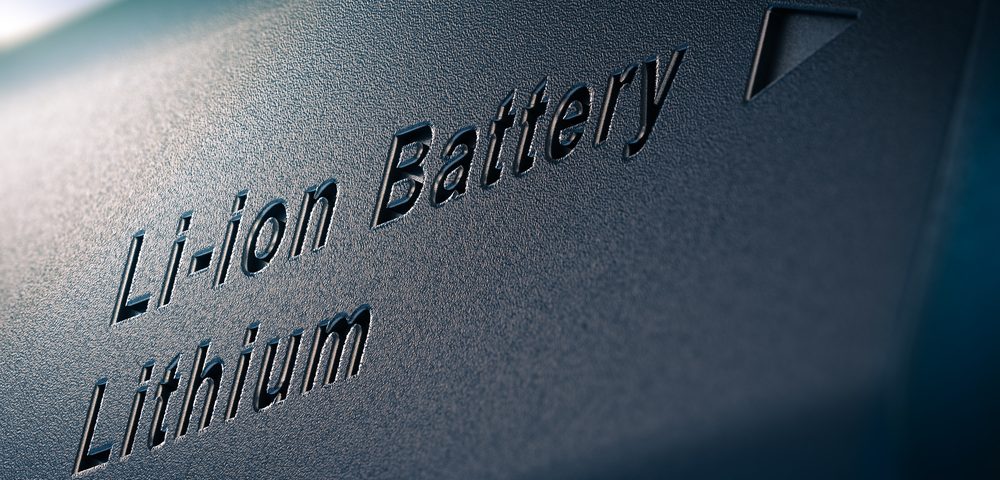Did you know that li-ion batteries are some of the best solar batteries on the market today? The reason why li-ion batteries are so popular in the market is due to the many benefits of the product. If you are wondering whether li-ion batteries can be recycled like any other material, you have come to the right place.
Cell phones, laptops, solar power systems, and a host of other electronic devices are powered by li-ion batteries. With the growth of electronic devices, these powerful rechargeable batteries have become a staple in our society. Lithium-ion batteries provide more energy compared to most of the other rechargeable batteries out there.
They can also hold the charge for much longer times compared to other batteries. The convenience and charging power have made li-ion batteries some of the best on the market today. In this article, we will take a look at the following in more detail:
- Benefits Of Li-ion Batteries
- Can I Throw Away Li-ion Batteries?
- Can Li-ion Batteries Be Recycled?
- How To Recycle Li-ion Batteries?
Benefits Of Li-ion Batteries
Li-ion batteries are widely used for a huge number of varying electronic applications such as small electronic devices, smartphones, laptops, solar power systems, vehicles, and more.
These batteries come with a high energy density. This is one of the most important benefits of li-ion batteries. With some devices like mobile phones needing to operate longer between charges while consuming more power in the process, high energy density batteries are crucial for powering such devices.
Electrical vehicles also rely on li-ion batteries because the latter has a high energy density. The self-discharge rate of li-ion batteries is much lower than most of the other rechargeable batteries out there. This is another advantage of using li-ion batteries to power electronic devices.
Li-ion batteries are low maintenance which means you don’t have to maintain these batteries like other rechargeable batteries to ensure its performance. The cell voltage of li-ion batteries is about 3.6 volts – which is higher than most other rechargeable batteries.
You don’t need to prime the li-ion battery like some of the other rechargeable batteries – which require priming after the first charge. These are some of the many advantages of li-ion batteries.
Can I Throw Away Li-ion Batteries?
Although you can throw away single-use non-rechargeable batteries in the trash, you can’t do this with li-ion batteries. Li-ion batteries come with toxic materials that are hazardous to our health. It can be hazardous to the environment if left in a landfill. You shouldn’t dispose of li-ion batteries unless you take them to a trusted recycling centre.
Can Li-ion Batteries Be Recycled?
The answer is yes however, you shouldn’t recycle them in the regular blue recycling bin. The contents of li-ion batteries are less toxic compared to most of the other batteries. They are easier to recycle than most of the other materials.
However, you should remember that lithium is a highly reactive material. The batteries can burst into flames due to its pressurised contents and flammable electrolytes. That’s why li-ion batteries shouldn’t be recycled in the normal recycling bin. They should be handed over to a reputable recycling centre for recycling purposes.
How To Recycle Li-ion Batteries?
The best way to recycle li-ion batteries is to take them to a trusted recycling. They know how to recycle different types of li-ion batteries while protecting the environment in the process. Make sure you choose the right type of recycling facility when it comes to recycling.
At Choose Solar, we provide purpose-built mounting equipment for the solar power industry as well as high-quality solar batteries and inverters and are your number one choice.
We have been supplying and installing farm solar power battery systems across Australia for the past 20 years.
For all your solar installation and solar power needs, please call us today on 03 9761 5371 or send us a message through our contact page.

